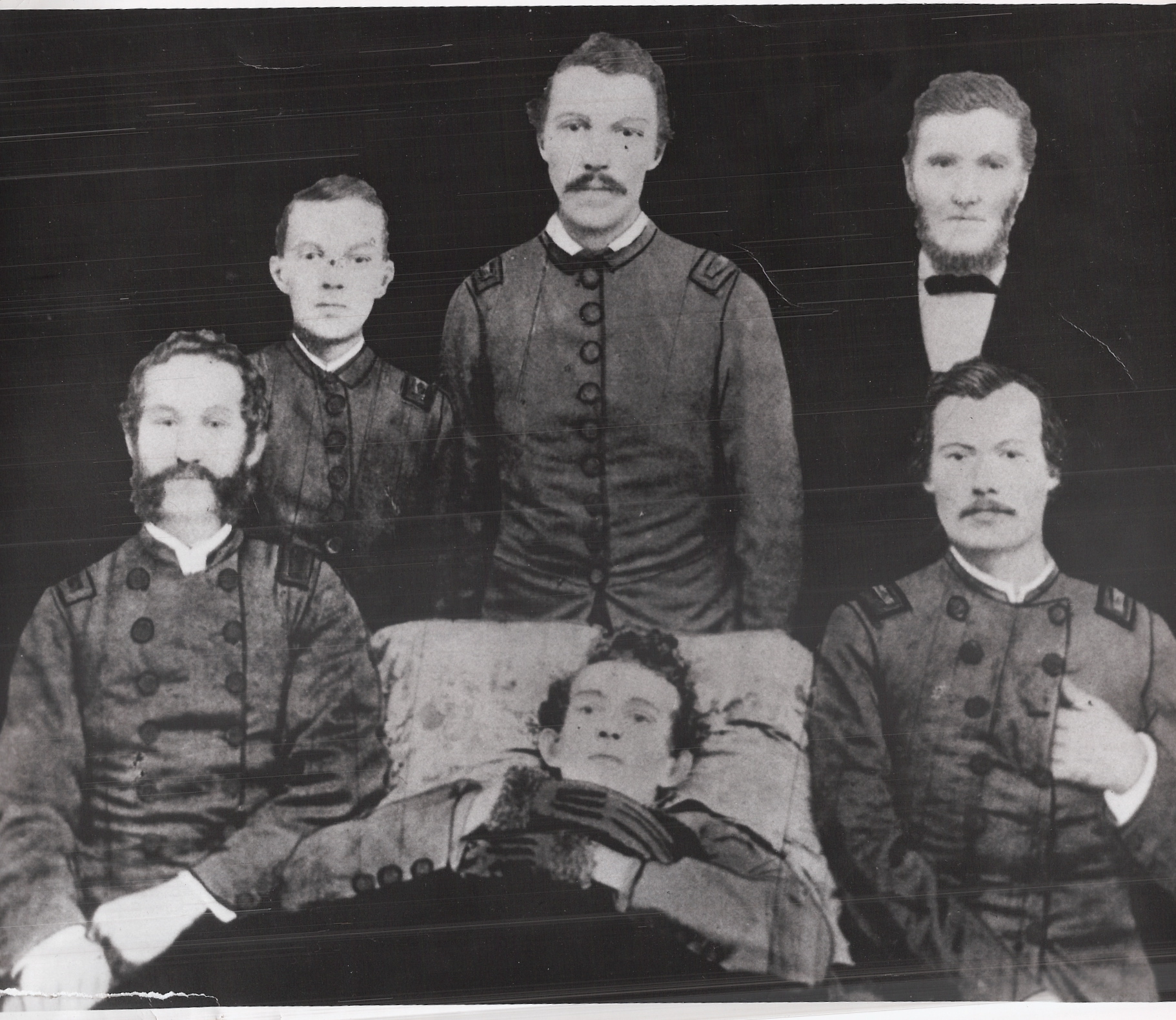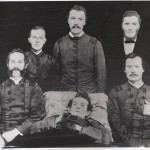In 1993, I was a reluctant transplant to the Triangle.
Born and raised in Chicago, I considered myself a big-city girl. I’d lived in Mexico City, San Francisco and Lima, Peru. Several times, I’d talked my way into – and out of – Peruvian prisons run entirely by inmates who considered Americans lower than stray dogs.
I shed fat tears when the plane touched down at RDU one rainy January evening. My partner had a professor job at Duke. An aspiring writer, I was more career-flexible. We’ll find an apartment, we told each other, and bolt once a big-city offer arrived.
More than 20 years later, Durham is my chosen home. I live in a drafty bungalow whose iron radiators hiss in winter and whose porch captures the smallest, summer breeze. Piedmont sub-seasons are now familiar markers: slime time (from longleaf pines); pod attack (from the willow oaks); the cut-worm invasion; the explosion of daffodils and tulips; heat and more heat; then glorious fall. If I don’t see someone I know in Kroger, Supertaquería or at “Walking Dead” viewings at Motorco, I feel ever-so-subtly disappointed.
My transformation was slow. For too long, I rarely glanced at the newspaper that now prints these words. If I had to identify the moment my perspective changed, it would be the day a photograph arrived in the mail from my Aunt Lenore.
“Don’t you know the Kirks came from the South?” she’d said to me during a visit to her Illinois home that summer. “I’ve got the picture that proves it.”
Taken during the Civil War, the photograph shows the Kirk boys and their father, Alexander, staring stiffly at the camera. Alexander was likely dead by then, cut into the tableau by the photographer (early Photoshopping). On the left, extravagantly mutton-chopped, is my great-great grandfather, John. A younger brother lies wounded at his side (he survived a battle at Knoxville). On the right sits eldest brother George Washington Kirk, splendid in his officer’s uniform.
Interestingly, the uniforms mark the Kirks as Union, not Confederate, even though they were from Tennessee. In their 20s, they joined the North Carolina Mounted Infantry, and so were scalawags (Southerners who fought for the Union). That Southern scourge, Gen. William T. Sherman, ordered them to pester Gen. James Longstreet’s Confederate First Corps. One weekend, my partner and I visited the Macon County Courthouse. There, a long mural shows the Kirks parading through town, their horses’ bridles bright with looted silver forks and spoons.
I’ve found no record of what the Kirks thought about slavery. But in 1870, the state’s military governor, William Holden, hired George to lead a campaign against the Ku Klux Klan. Later dubbed the Kirk-Holden War, the effort failed. The Democratic legislature impeached Holden and ordered George arrested in Raleigh (he later escaped). Well into the civil rights era, efforts to challenge racial violence or the daily injustice of Jim Crow were brutally suppressed.
George ended up moving to California. John moved to southern Illinois, the state where most of my family still lives. By the time my father met the Chicago banker’s daughter who became my mother, the family rarely spoke of this past.
Why? Maybe as veterans of a brutal conflict, the men wanted to leave the memories behind. Maybe love or money lured them away. But I’ve always wondered if the family was ashamed at the perception that they’d betrayed their kind or sacrificed too much to America’s racial demons.
As a Yankee, I grew up assuming that the South is more racist (thus the fat tears) and trapped by a violent past. But that’s an awfully hard position to defend when nine of the top 10 segregated American cities today are northern (the exception is Miami). Recent events in Ferguson, Mo., and New York City show, in the unlikely chance we need reminding, that America’s race problems are widespread, serious and persistent.
Today, I consider myself a North Carolinian and a Durhamite (or Durhamster – really, we should have a large party, take nominations and vote on a moniker). I have two children who consider this city home. The family history intrigues them, but, as is right and proper, not too much.
I sometimes think about the young woman who landed that chilly January. I felt like such a foreigner, without the knowledge I needed to understand this place.
My aunt’s photograph helped me see North Carolina as part of what made me. Now, those roots are entangled with new ones, in this tobacco-rich soil. My kids may not end up here after college. But wherever they go, they’ll be taking the lessons I learned in Durham with them.
And that’s something to be proud of.
reprinted from The Durham News


